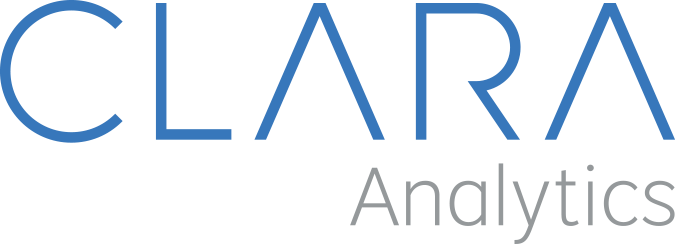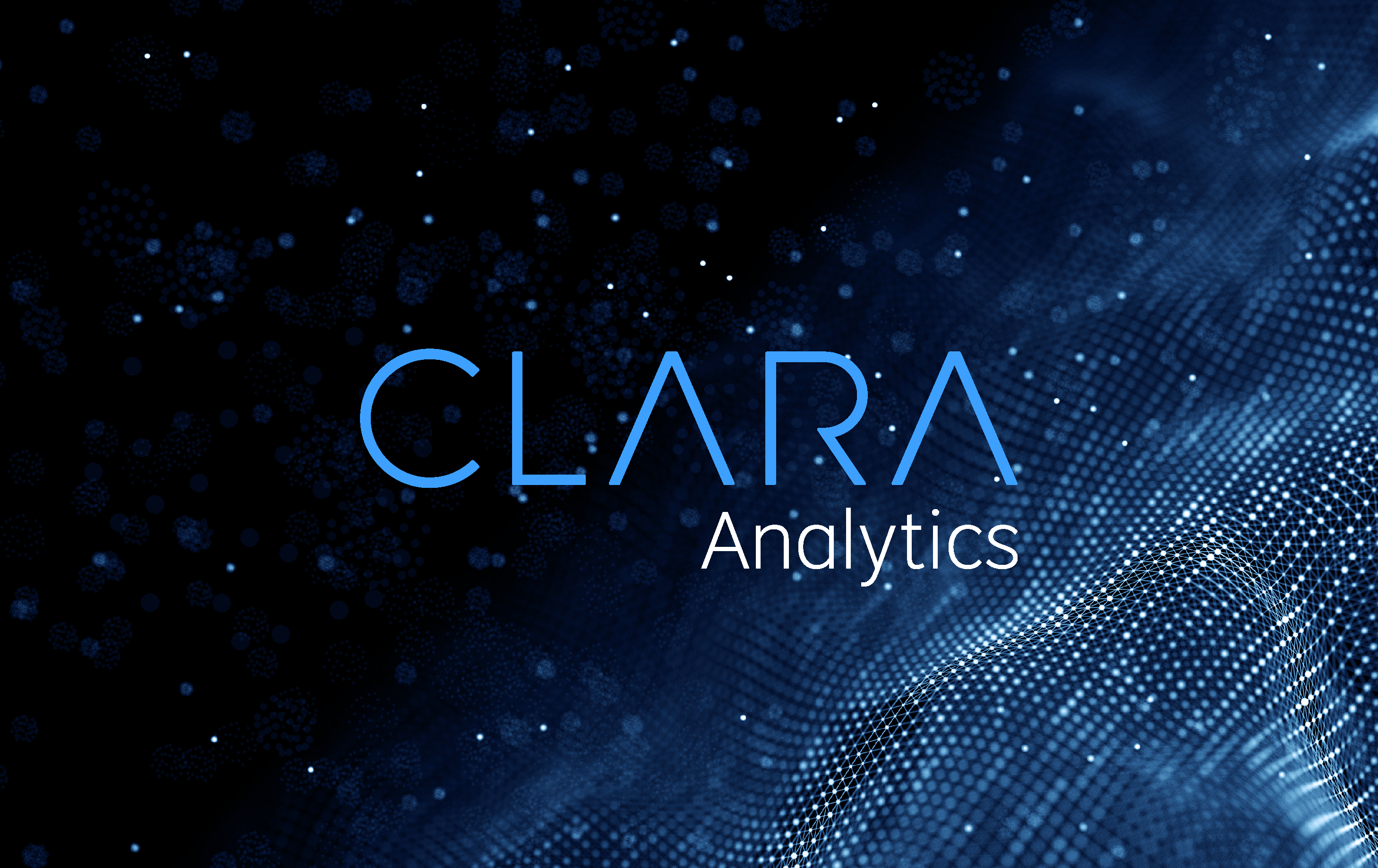Transforming Risk Management: How AI Is Reshaping Insurance
Risk management has always been central to the insurance industry, yet it has traditionally relied on subjective assessments and incomplete data. That’s beginning to change. Thanks to advancements in artificial intelligence (AI) and machine learning, risk management is undergoing a long-overdue transformation, becoming more data-driven, predictive, and precise.
Although the insurance sector has historically been cautious in adopting new technology, AI is gaining ground. The value proposition is clear: smarter insights, faster claims processing, increased operational efficiency, and significant cost reduction. Even long-time skeptics are now exploring AI’s potential to address persistent challenges across the insurance value chain.
Major insurers are already leveraging AI to solve specific pain points, but the broader opportunity lies in applying these capabilities to enhance risk management across the enterprise.
Unlocking Unstructured Data
A large portion of the information essential to effective risk assessment—such as claim notes, documentation, images, and even sentiment—exists in unstructured formats that are difficult to process with traditional systems. Historically, extracting insights from this data required time-consuming manual review.
Modern AI platforms overcome this barrier by rapidly ingesting and analyzing unstructured data at scale. These systems enable all users, regardless of technical proficiency, to surface critical insights quickly. As AI models learn and improve over time, they deliver more accurate, nuanced analyses. With better data at their fingertips, adjusters and risk managers can make more informed decisions, leading to improved outcomes and fewer high-severity claims.
Portfolio-Level Insight
AI also provides a macro-level view of risk that was previously difficult to achieve. Rather than evaluating claims on an individual basis, risk managers can now use AI to analyze entire portfolios, uncovering patterns, trends, and anomalies across vast datasets in real time.
This shift enables organizations to identify systemic issues, benchmark performance, and uncover hidden cost drivers—insights that are virtually impossible to obtain through manual review alone. With AI-generated reports and visualizations, decision-makers can quickly understand what’s happening across business units and take strategic action.
From Static Projects to Continuous Intelligence
Traditional risk analysis is often conducted on a project basis, limiting visibility to a snapshot in time. Once the project ends, so does data collection, leaving potential insights unexplored.
AI platforms offer a more dynamic alternative by continuously updating and analyzing data. This real-time intelligence ensures risk managers are always working with the most current information, enabling them to respond proactively to emerging risks. Over time, this persistent data collection and analysis create a more comprehensive, accurate view of risk across the organization.
Predictive Power
AI’s most transformative capability lies in its ability to predict future outcomes. By analyzing vast volumes of structured and unstructured data, AI models can identify emerging trends, highlight incorrect assumptions, and forecast likely scenarios, allowing teams to intervene before risks escalate.
These insights are especially valuable because every risk manager’s perspective is shaped by their unique experiences. AI systems synthesize behavior across individuals, organizations, and industries, delivering a more objective and comprehensive understanding. This empowers organizations to reduce claim duration, mitigate costs, and make proactive, strategic decisions.
For optimal results, AI models should be built on platforms that incorporate both internal and industry-wide data. The broader the dataset, the more patterns emerge—and the more accurate the predictions.
The Future of Risk Management is Here
With AI-enabled insights, claims and risk professionals can work faster, smarter, and with greater confidence. As these technologies mature and adoption accelerates, insurance will become less reactive and more predictive, ultimately transforming how risk is understood and managed.
This evolution not only improves internal efficiency and customer experience but also drives long-term value for the entire industry. The future of risk management is not only more intelligent, it’s already arriving.
Ready to transform your risk management? Find out how CLARA Analytics can help.




